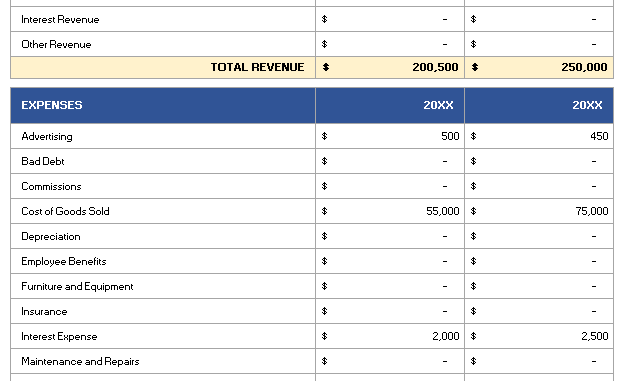
One of the most important aspects of running a successful small business is effective budget planning and forecasting. By carefully managing your finances and predicting future expenses and revenues, you can ensure that your business remains profitable and sustainable in the long run. In this article, we will explore some key strategies for budget planning and forecasting that can help small businesses thrive in today’s competitive market.
Why Budget Planning and Forecasting are Essential for Small Businesses
Budget planning and forecasting are essential for small businesses for several reasons. Firstly, they help you to allocate your resources efficiently and avoid overspending. By setting a budget and sticking to it, you can ensure that you are only spending money on what is necessary for your business to grow and succeed.
Additionally, budget planning and forecasting can help you to identify potential financial problems before they arise. By monitoring your expenses and revenues on a regular basis, you can spot any issues early on and take corrective action to address them. This proactive approach can help to prevent financial crises and keep your business on track for success.
How to Create a Budget for Your Small Business
Creating a budget for your small business involves several key steps. Firstly, you should start by listing all of your expenses, including fixed costs such as rent and utilities, as well as variable costs such as supplies and marketing expenses. Next, you should estimate your monthly revenues based on past performance and projected sales figures.
Once you have a clear understanding of your expenses and revenues, you can create a budget that outlines how much you plan to spend in each category. It’s important to be realistic when setting your budget and to leave room for unexpected expenses that may arise. By regularly monitoring your actual expenses and revenues against your budget, you can make adjustments as needed to ensure that your business remains financially healthy.
Forecasting for Future Growth
Forecasting is an essential part of budget planning for small businesses. By predicting future expenses and revenues, you can create a financial roadmap that outlines where you want your business to go in the future. This can help you to set realistic goals and track your progress over time.
When forecasting for future growth, it’s important to take into account factors such as market trends, competitor activity, and changes in consumer behavior. By staying informed about these external factors, you can make more accurate predictions about the future performance of your business and adjust your budget accordingly.
Using Technology to Improve Budget Planning and Forecasting
Technology can be a powerful tool for small businesses looking to improve their budget planning and forecasting processes. There are a wide range of software solutions available that can help you to track your expenses, monitor your revenues, and create detailed financial reports with just a few clicks.
Some popular budgeting and forecasting tools for small businesses include QuickBooks, FreshBooks, and Microsoft Excel. These tools can help you to automate many of the manual tasks associated with budget planning, saving you time and ensuring greater accuracy in your financial projections.
Conclusion
Effective budget planning and forecasting are essential for the success of small businesses. By carefully managing your finances, predicting future expenses and revenues, and using technology to streamline your processes, you can ensure that your business remains profitable and sustainable in today’s competitive market. By following the strategies outlined in this article, you can develop a solid financial plan that will help your small business thrive now and in the future.
